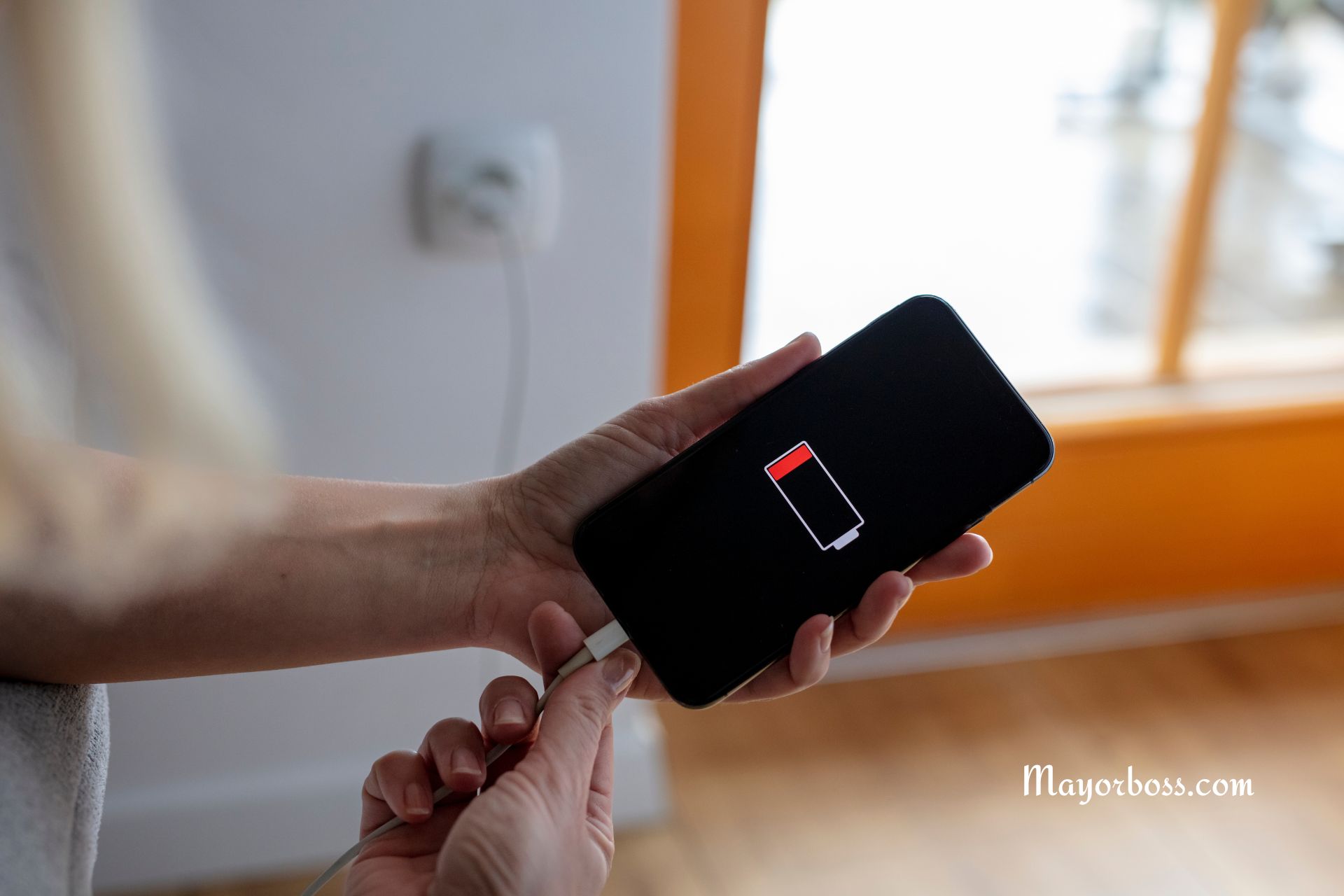You Shouldn’t Charge Your Phone Overnight. Here’s Why
Our smartphones are integral to our daily lives. It’s natural to want them fully charged and ready for whatever the day throws our way, and plugging them in overnight seems like the most convenient solution. However, this seemingly harmless habit could be doing more harm than good to your phone’s battery in the long run. Here’s a detailed look at why charging your phone overnight isn’t the best practice.

Lithium-ion Batteries: The Power Behind Your Phone
Almost all modern smartphones use lithium-ion (Li-ion) batteries. These batteries are favored for their ability to hold a lot of energy in a small size and their relatively long lifespan compared to earlier battery technologies. However, they share a common weakness: sensitivity to how they are charged.
How Charging Cycles Work
Every time you fully charge and discharge your phone’s battery, you complete one charge cycle. Li-ion batteries have a limited number of these cycles before their capacity (the amount of power they can hold) starts to decline noticeably. Manufacturers typically rate phone batteries for about 500 full charge cycles before you can expect performance issues.
Overnight Charging and Battery Wear
Here’s why overnight charging matters: Once your phone’s battery reaches 100%, the charger doesn’t simply switch off. Instead, it keeps delivering tiny “trickle charges” to compensate for the minor self-discharge that naturally occurs with Li-ion batteries. This sustained 100% state creates unnecessary strain on the battery.
Think of it this way: a rubber band can be stretched a lot of times, but if you continually hold it fully stretched, it will lose its elasticity a lot faster. Similarly, keeping your battery at 100% puts ongoing stress on its components.
Other Factors: Heat and “Micro-Cycles”
- Heat: Charging your phone generates heat, and overnight charging traps this heat beneath your pillow or blankets, making matters worse. Prolonged exposure to high temperatures further degrades Li-ion batteries.
- Micro-cycles: Your phone is likely losing a little bit of battery even while at 100%. Those trickle charges from your charger throughout the night add up to many mini-charge cycles, wearing down the battery faster.
Debunking the “Full Drain” Myth
Older types of rechargeable batteries often benefit from completely draining and then fully recharging them. With Li-ion batteries, this concept of ‘battery memory’ doesn’t apply. Full drains can actually be more harmful in the long run.
How to Maximize Battery Lifespan
While batteries eventually need replacing, you can optimize yours with smarter charging habits:
- The Sweet Spot: Aim to keep your battery between 20% and 80% most of the time. This range gives your battery the most efficient conditions for longevity.
- Short Bursts: Opt for charging in shorter bursts throughout the day rather than long overnight sessions.
- Cool is Key: Avoid charging in excessively hot conditions or beneath heavy covers.
- Optimized Charging: Many newer smartphones have features like “Optimized Battery Charging,” which learns your charging habits and slows down the process when nearing 100% to reduce its time at peak capacity.
FAQs
1. Will leaving my phone on the charger overnight ruin the battery?
It won’t ruin the battery immediately, but over time, it will decrease its overall lifespan more quickly than healthier charging habits.
2. Is it okay to occasionally charge my phone overnight?
Yes. Modern phones do have some safeguards built-in to protect the battery. That said, it’s best not to make it a routine.
3. Should I use a “fast charger”?
Fast chargers, when used with compatible phones, are great for a quick energy boost on the go. However, frequent fast charging may put slightly more strain on the battery due to increased heat generation. It’s perfectly fine in moderation, but don’t make it your exclusive charging method.
Final Thoughts
Your phone’s battery is a consumable component with a limited lifespan, but how you take care of it can have a significant impact. By switching away from routine overnight charging, you can help your battery stay healthier for longer, so you’ll need to replace it less often.
